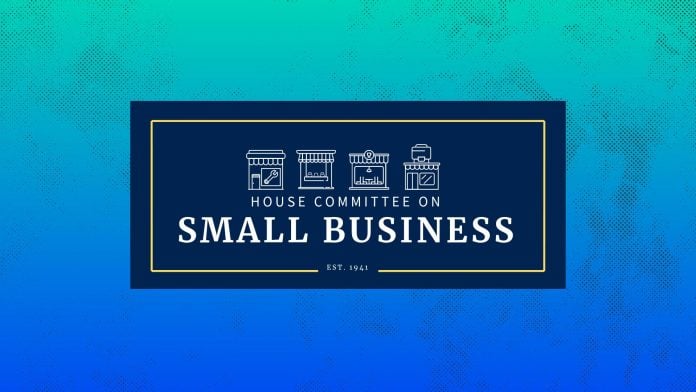Today, the House Committee on Small Business convened to discuss a critical lifeline for small businesses: the role of Small Business Administration (SBA) lending programs. Titled “Pathway to Capital: The Role of SBA Lending in Supporting Main Street America,” this hearing shed light on how these programs can empower entrepreneurs and enhance economic stability.
Chairman Roger Williams opened the session with a compelling statement about the importance of capital access for small businesses, stating, “As a lifelong small business owner myself, I know that access to capital is the lifeblood of success for Main Street America.” His remarks underscored the vital connection between funding accessibility and the growth potential for small enterprises across the country.
The SBA’s Office of Capital Access, led by Associate Administrator Thomas Kimsey, is responsible for administering key loan programs, including the flagship 7(a) and 504 loan programs, as well as the microloan program. These initiatives are designed to provide essential funding to small businesses that often find it difficult to obtain capital on fair terms. According to the Chairman, these government-backed loans incentivize private lenders, thus expanding capital access while aiming to protect taxpayer interests.
Key Benefits of SBA Lending Programs
The primary advantage of SBA lending programs lies in their ability to facilitate access to much-needed capital for small business owners, particularly those who may struggle to secure funding from traditional financial institutions. With backing from the federal government, these loans help mitigate the risk for lenders, encouraging them to extend credit to enterprises that might otherwise be deemed too risky.
Williams emphasized the urgent need for these programs, saying, “Access to capital remains critically important.” This necessity resonates with many small business owners who have faced financial hurdles, particularly in the wake of economic disruptions. By exploring supportive measures through the SBA, entrepreneurs can equip themselves with the resources needed to launch and grow their businesses.
The session also addressed potential threats to the integrity of these lending programs, particularly under the previous administration, which had implemented less stringent underwriting standards. These changes resulted in increased defaults under the 7(a) program and put taxpayer dollars at risk. The Chairman’s remarks highlighted concerns about the regulatory framework, stating, “The Biden-Harris Administration undermined the integrity of the SBA’s lending portfolio,” revealing the delicate balance that must be maintained to ensure that these programs serve their purpose without jeopardizing public funds.
Challenges Ahead for Small Business Owners
While the benefits of SBA lending programs are clear, small business owners must navigate a landscape filled with challenges. For example, the recent hearing delved into the imperative for sound lending practices and the need for responsible oversight. Williams commended the steps taken by Administrator Loeffler and Associate Administrator Kimsey to reverse some of the previous administration’s policies, but he also pointed out the long road ahead to restore confidence in the loan system.
As the discussion unfolded, the potential implications for small business owners became evident. Striking the right balance of access versus risk management will be crucial to ensuring that these financial lifelines are both available and sustainable. Entrepreneurs must stay informed about lending criteria, program changes, and emerging opportunities, as well as potential pitfalls, to make the most of what SBA lending can offer.
For busy small business owners looking to leverage these resources, understanding how to apply for these loans and aligning their business strategies with the guidance of the SBA can yield significant benefits. The right approach can facilitate funding options that not only stabilize but also enhance business growth.
The House Committee on Small Business aims to ensure that the SBA’s lending programs remain robust and responsive to the needs of small business owners. The bipartisan nature of the discussions indicates a collective intent to safeguard these crucial resources, providing a beacon of hope for entrepreneurs navigating an ever-evolving economic landscape.
As small business owners look toward the future, the outcomes from today’s hearing could serve as vital signposts in their quest for financing and success. The implications of the discussions held today are poised to affect not just individual enterprises but the larger economic fabric of Main Street America.
To stay updated on the latest developments regarding SBA lending and its impact on small businesses, check the full press release here.
Image Via BizSugar



